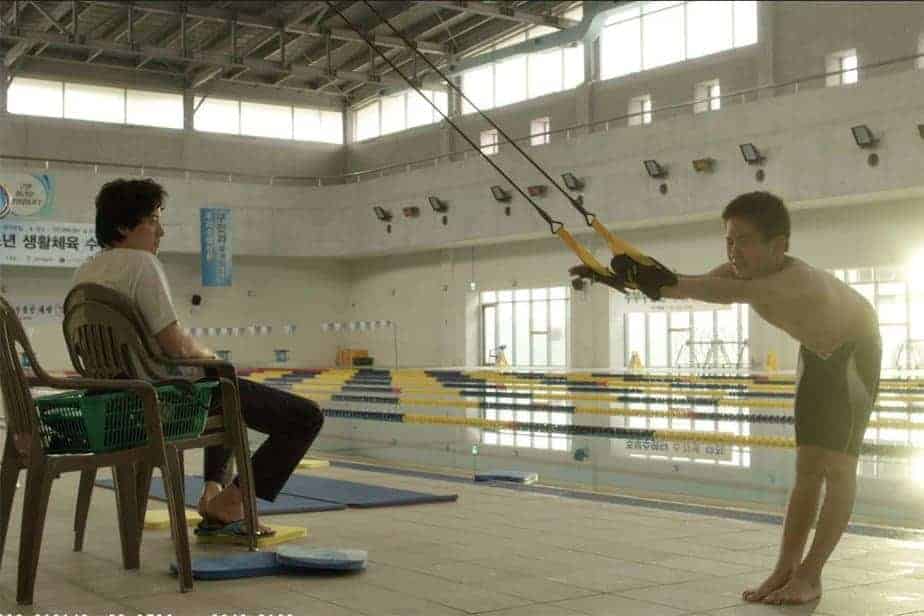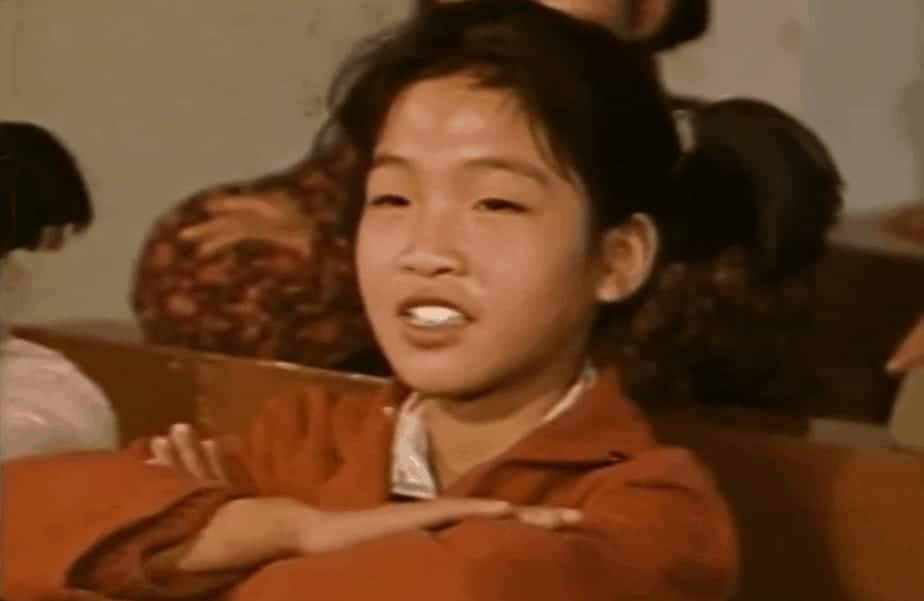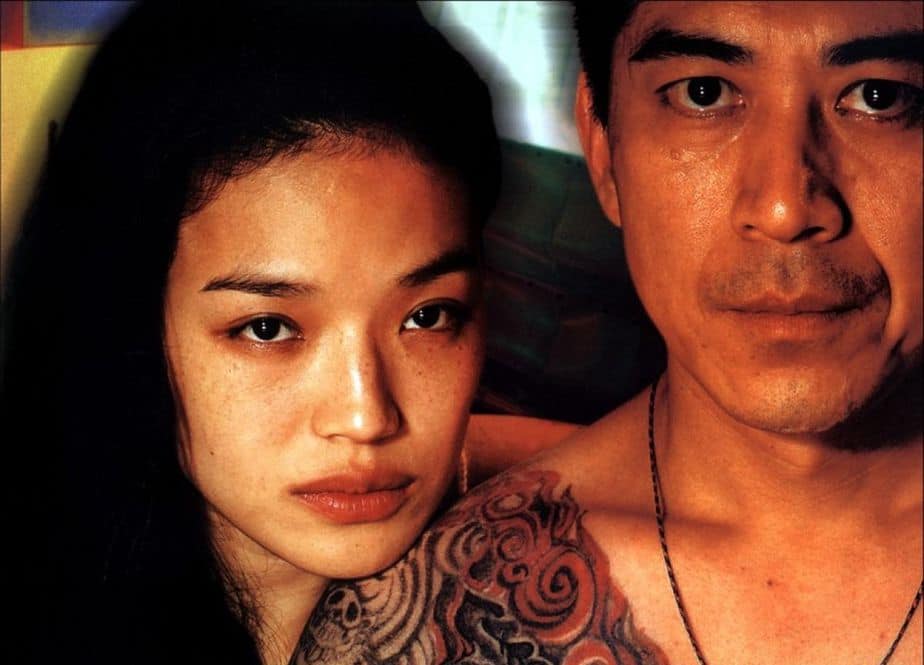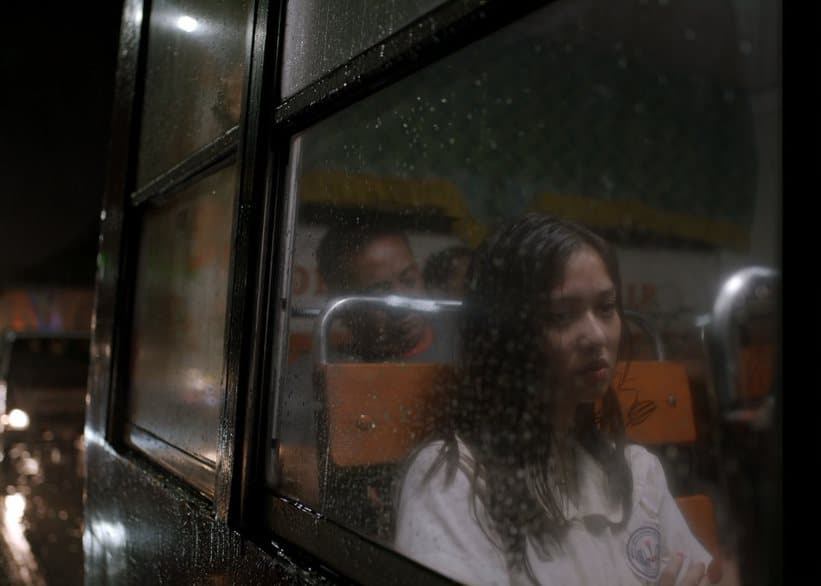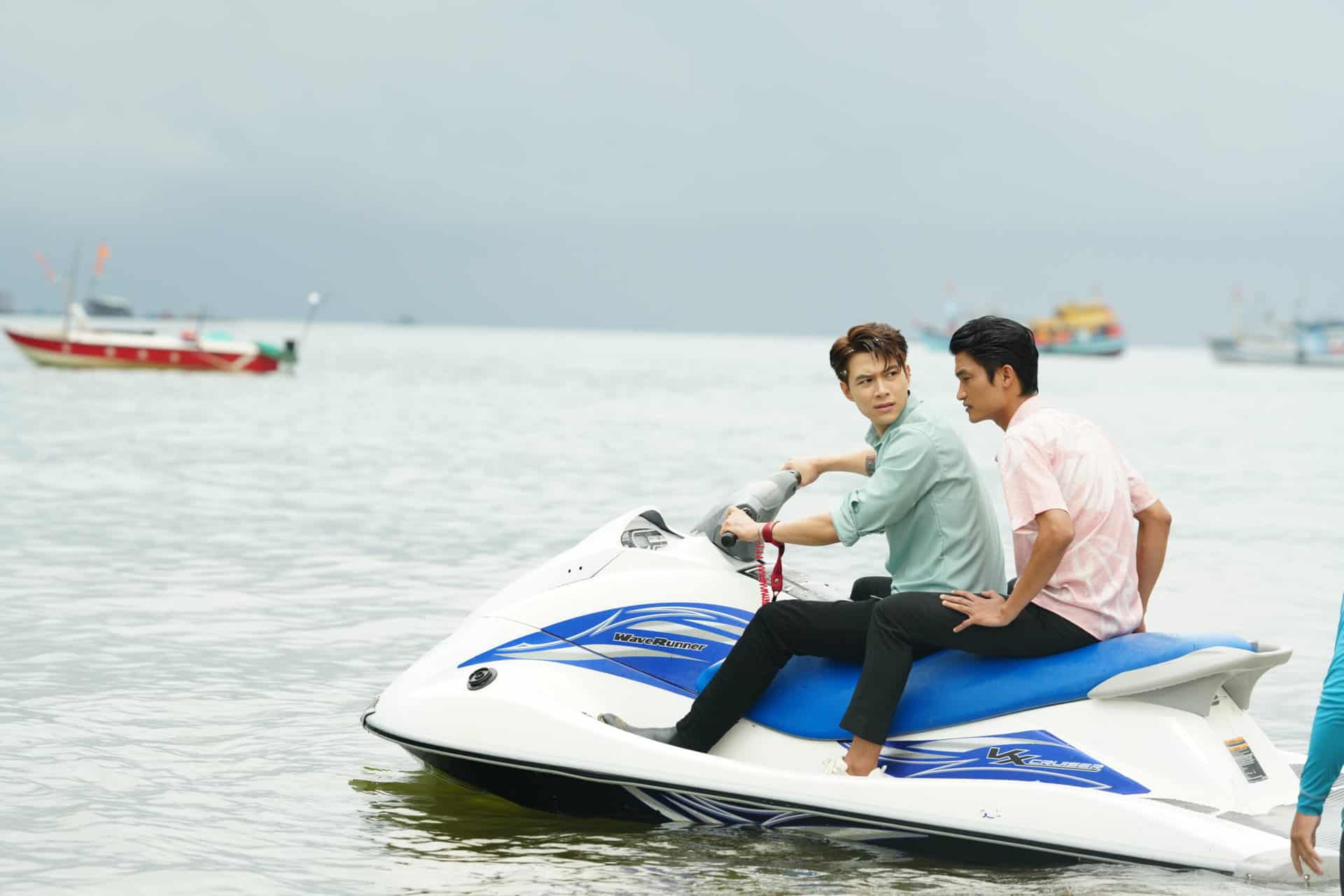The film begins telling the story of Kwan-soo, a champion swimmer with some bad habits. Before his training starts, he goes with some friends in a village, where he spends his days playing cards and drinking. He delays coming to the training camp for eleven days, and when he finally returns, he is brutally beat by his coach, in an act that makes him resign swimming altogether. Subsequently, he calls a reporter named Young-hoon, whom he met during his “wild” days, and asks him to write about the beating. He declines, telling him that this is how things work. Some years later, the focus is on a boy named Joon-ho, also a swimmer, who always comes fourth in the competitions, infuriating his mother. Being desperate, she turns to a coach known for his ability to make his athletes champions. This coach happens to be Kwan-soo, who has become a coach despite retaining his awful habits. Eventually, the boy manages to get second position, but his body is covered with bruises. Furthermore, the father of the boy is actually Young-hoon.
Jung Ji-woo casts a disillusioned and harsh visage at the world of competitive swimming, which actually mirrors all the sports at the top level. This world is dominated by the pressure applied to the athletes, which, as the film suggests, does not derive only from the fans or the coaches, but also from the families. The character of Joon-ho's mother exemplifies this last fact, as Jung-ae is an individual who thinks that her son's beating is justified, if he is to win. Furthermore, Jung also presents a question similar to the one in “Whiplash,” if the only way to reach the top is through extremely harsh conditions and violence. The other notion the script exemplifies is the fact that victims of violence, tend to become violent themselves, towards others.
The realism of the movie is evident from the beginning and does not pull any punches, even in the scenes when Kwan-soo is beating and “torturing” Joon-ho, that are quite hard to watch. The same applies to the depiction of swimming, where Kang Min-woo's cinematography finds its apogee. The fact that the first part is in black-and-white is also a nice addition, as it signals the fact that these events occurred in the past.
The acting is one of the strongest points in “Fourth Place.” Park Hae-joon as Kwang-soo is great as the washed-up ex-champion who cannot help himself and ends acting the exact same way his own coaches did and he despised. Lee Hang-na is astonishing as the hysterical mother who actually tortures her children by extending her own wishes upon them, without caring for their feelings. Her character is exemplified in a scene where Joon-ho states that he wants to quit swimming because of his harsh coach and she ends up beating him. Lastly, Yoo Jae-sang is very persuasive as Joon-ho, a little boy who becomes the victim of the ways of his mother and his coach, when the only thing he wanted to do was swim.
“Fourth Place” is a great social film that provides much food for thought, in the most realistic fashion.
The film is part of the excellent Asian selection of Fantasia International Film Festival that will be on in Montreal until August 3.


